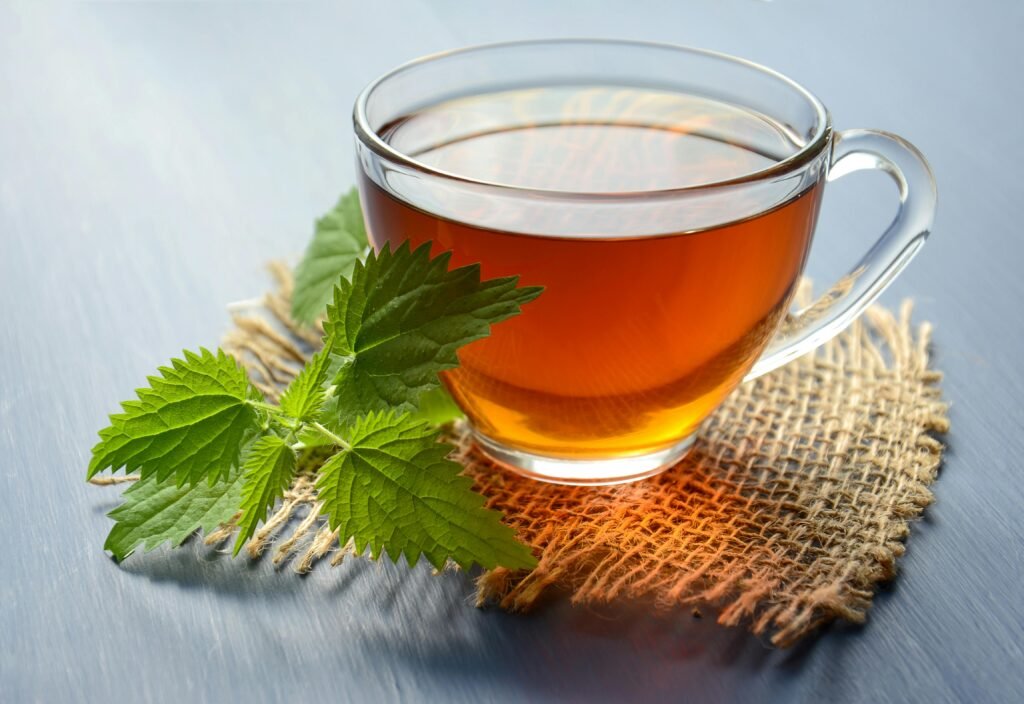Fruits are not only delicious but also great for your health when incorporated into a balanced diet. Some fruits have interesting looks, flavors, and other characteristics. Here are some fun facts about acai berries, dragon fruit, kiwi, and a few other fruits.
Acai Berries
- Superfood Status: Acai berries are often considered a superfood due to their high antioxidant content, which can help combat oxidative stress and support overall health.
- Amazonian Origins: These berries are native to the Amazon rainforest and have been a staple in the diet of indigenous tribes for centuries.
- Nutrient-Dense: Acai berries are rich in vitamins A, C, and E, as well as minerals like calcium, iron, and potassium. They also contain healthy fats, which is rare for fruit.
- Heart Health: The anthocyanins in acai berries, which give them their deep purple color, are believed to support cardiovascular health by improving blood circulation and reducing cholesterol levels.
- Versatile Use: Acai berries can be enjoyed in various forms, including as fresh fruit, juice, smoothies, bowls, and even in supplements and skincare products.
- Energy Boost: Traditionally, acai berries have been used to increase energy and stamina, making them a popular choice among athletes and fitness enthusiasts.
- Culinary Delight: The flavor of acai berries is often described as a mix between berries and chocolate, which makes them a delicious addition to a variety of dishes.
- Quick Spoilage: Fresh acai berries spoil quickly after harvest, which is why they are often found in frozen, powdered, or juice form outside of their native regions.
- Low Sugar Content: Compared to other fruits, acai berries have a relatively low sugar content, making them a great option for those looking to manage their sugar intake.
- Sustainable Harvesting: Harvesting acai berries can be sustainable and eco-friendly. The berries grow on tall palm trees and can be harvested without harming the tree, promoting environmental conservation.
- Caloric Content: A typical serving of acai berries, about 100 grams of acai puree, contains approximately 70 calories, making them a nutrient-dense yet low-calorie snack.
Dragon Fruit
- Vibrant Appearance: Dragon fruit, also known as pitaya, is renowned for its bright pink or yellow skin and speckled flesh, making it one of the most visually striking fruits.
- Cactus Family: Dragon fruit grows on a type of cactus called Hylocereus, which blooms at night and produces flowers that are often referred to as “moonflowers.”
- Nutritional Powerhouse: It is rich in vitamin C, B vitamins, and minerals like iron, magnesium, and calcium. It’s also a good source of fiber.
- Hydration: With a high water content, dragon fruit is excellent for hydration, especially in hot climates.
- Antioxidant Rich: Dragon fruit contains antioxidants such as betalains, which are known for their anti-inflammatory properties.
- Low in Calories: A 100-gram serving of dragon fruit contains only about 50-60 calories, making it a light and refreshing snack.
- Taste Profile: The flavor of dragon fruit is often described as a cross between a kiwi and a pear, offering a mildly sweet taste.
- Versatility: It can be eaten raw, added to smoothies, made into sorbets, or used as a garnish for salads and desserts.
- Boosts Immunity: The high vitamin C content helps boost the immune system and protect against common illnesses.
- Skin Health: Dragon fruit is sometimes used in skincare routines due to its antioxidant properties and ability to improve skin health.
Kiwi
- Vitamin C Superstar: Kiwi is packed with vitamin C, containing more per serving than an orange. This boosts the immune system and promotes skin health.
- Nutrient Dense: In addition to vitamin C, kiwis are rich in vitamins K and E, folate, potassium, and fiber.
- Digestive Aid: The enzyme actinidin in kiwi helps break down proteins, aiding digestion.
- Antioxidant-Rich: Kiwi contains a variety of antioxidants, which help combat free radicals and reduce oxidative stress.
- Eye Health: The high levels of lutein and zeaxanthin in kiwi contribute to improved eye health and reduced risk of macular degeneration.
- Low Calorie: One medium-sized kiwi has about 42 calories, making it a low-calorie, nutrient-dense snack.
- Culinary Versatility: Kiwi can be eaten raw, added to fruit salads, blended into smoothies, or used as a tenderizer in meat dishes.
- Fiber Content: The high fiber content in kiwi supports digestive health and helps maintain a healthy weight.
- Allergen Alert: Some people may be allergic to kiwi, experiencing symptoms like itchy throat, swelling, or skin rashes.
Other Fruits
- Mango: Known as the “king of fruits,” mangoes are rich in vitamins A and C, and their sweet, juicy flesh makes them a favorite in tropical regions. They also contain enzymes that aid in digestion and boost immunity.
- Pomegranate: Pomegranates are packed with antioxidants and are known for their anti-inflammatory properties. The seeds, called arils, are rich in vitamins C and K and are often used in salads, juices, and desserts.
- Papaya: This tropical fruit is rich in vitamins C and A, and the enzyme papain aids in digestion. Papaya is often used in smoothies, salads, and as a meat tenderizer.
- Starfruit (Carambola): Starfruit is low in calories and high in vitamin C and fiber. Its unique star-shaped cross-section makes it a decorative addition to dishes, and it has a sweet and tangy flavor.
- Lychee: Lychee is a small, sweet fruit native to China, known for its fragrant, floral flavor. It is rich in vitamin C, copper, and antioxidants, and is often enjoyed fresh or in desserts.

Conclusion
Fruits like acai berries, dragon fruit, kiwi, mango, pomegranate, papaya, starfruit, and lychee not only offer a plethora of health benefits but also bring vibrant flavors and exciting textures to our diet. Incorporating a variety of these fruits can provide essential nutrients, boost overall health, and add a delightful twist to your meals. So next time you’re at the grocery store, why not pick up a few of these exotic fruits and enjoy their unique benefits and delicious tastes?





